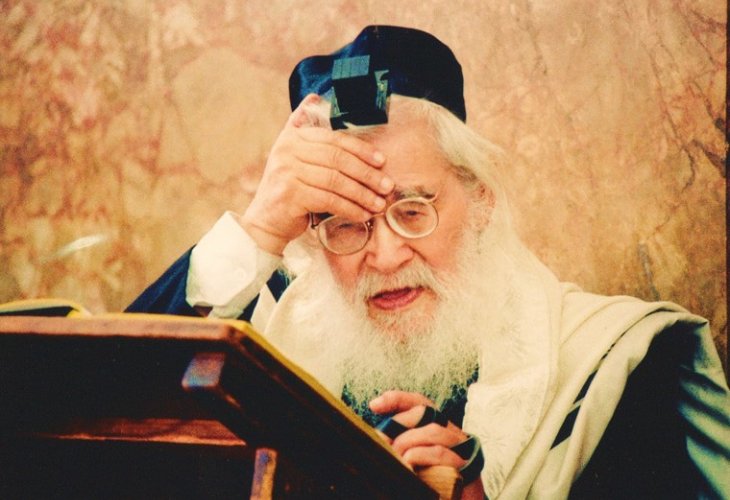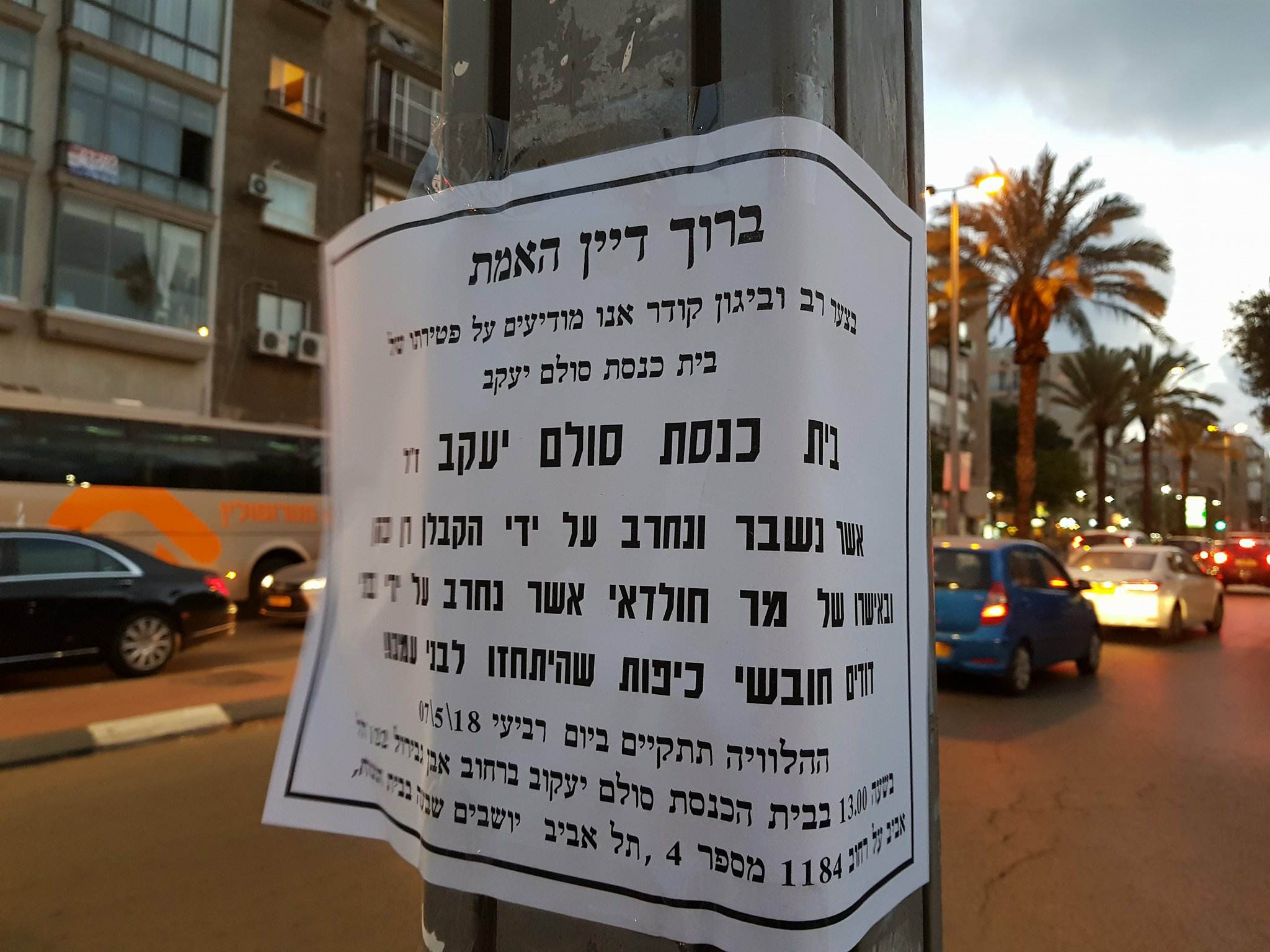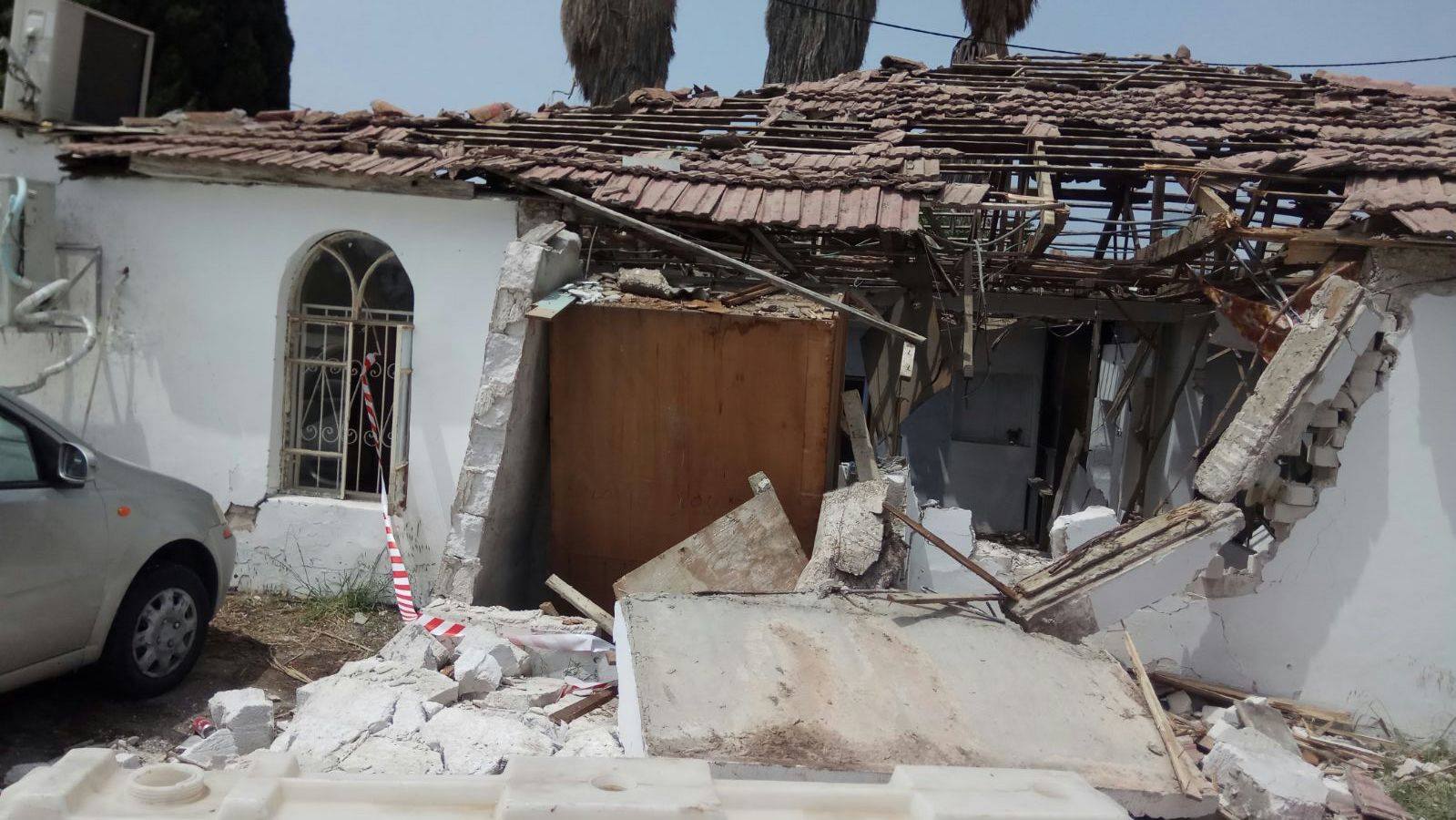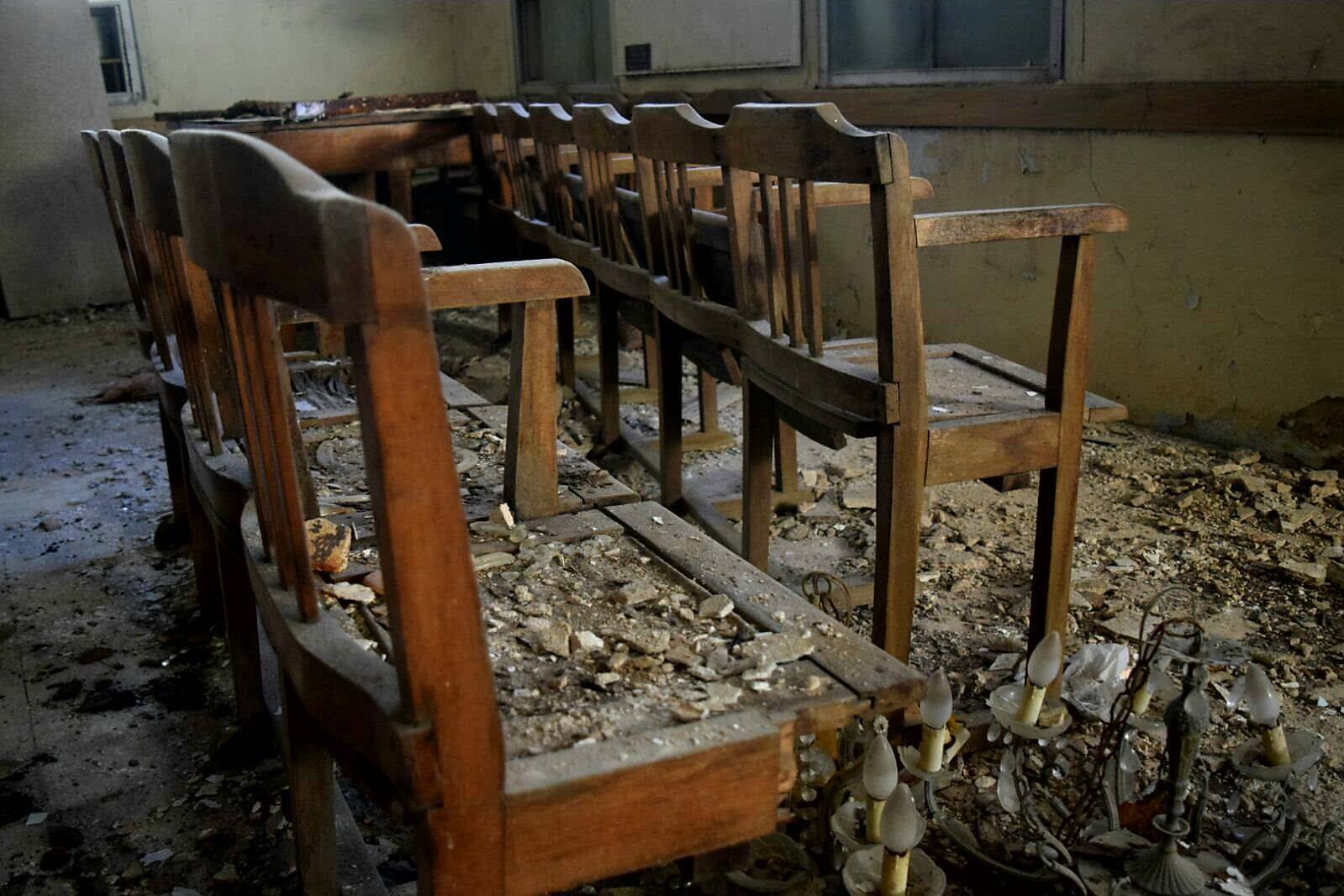The Jacobi Alliance: "More Than 100 Synagogues in Tel Aviv Are Facing Demolition"
Brith Jacobi decided to document the stories of over 100 synagogues in Tel Aviv that are slated for demolition. "Though not religious, synagogues matter to the entire population," she states.

"Desolate, abandoned, and locked, that's how I found my synagogue," writes Shlomo Pivko, a resident of Tel Aviv. "The place that was a second home to me until the age of nine, where my father, Yaakov Pivko, served as a volunteer gabbai for over 40 years. It brings back nostalgic memories but also a deep sorrow for the loss of symbols and values sacred to us, all due to cheap politics and power struggles."
"The 'Moshav Zekenim' synagogue holds great historical and architectural significance and has become one of the important synagogues in small Tel Aviv, built in an eclectic style by Yehuda Magidovitch, yet it stands locked and barred."

He concludes with these words: "I will not rest until I find people committed to restoring and preserving this institution."
These sad words were quoted to us by Brith Jacobi, as she discusses the phenomenon of abandoned synagogues in Tel Aviv, which becomes increasingly tragic as many receive demolition orders, destroying their glorious past and rich history.
History Being Demolished
Brith Jacobi decided to combat this difficult situation. According to her, there are more than 100 abandoned synagogues in Tel Aviv, and it's unacceptable to let them fade and disappear from the map.
Interestingly, when we sought to find the person behind this intriguing initiative, we discovered an energetic woman who describes herself as 'traditional'. "But I do not care much for definitions; what does it matter anyway?" she asks.
She named her project 'Empty Space', explaining: "I started this project about two and a half years ago with a clear goal - to tell the stories of abandoned synagogues in Tel Aviv, understanding that soon, there will be no more ancient and abandoned synagogues in the city due to rapid demographic changes. Cities are ever-evolving, and people living here find little interest in synagogues."
She also has another goal: "I constantly ponder whether synagogues remain relevant to non-praying people. If so, how and in what form? I ask this as a person who does not pray in a synagogue but finds synagogues important. I want to make them accessible to everyone."

How did your project start?
"For a time, I lived on Allenby Street, near an abandoned synagogue," she shares. "Every time I passed by the structure, I felt interested, and it fascinated me. This led me to study and read about the abandoned synagogues in Tel Aviv and discover over 100 such synagogues throughout the city. The story of synagogues in Tel Aviv is unique compared to other cities in the country, resembling Europe, where many synagogues have been abandoned because the communities left or greatly diminished.
"This led me on a lengthy journey in Tel Aviv, trying to understand the story of these synagogues, what to do with them, and how to reconnect the community with synagogues. I couldn’t resist traveling abroad, mainly to Eastern Europe, where I drew great inspiration from synagogues that reopened, and returned to try it here.
"I am a third-generation Tel Aviv resident," she adds, "and in some way, I see how each synagogue narrates the story of a dwindling community. Some represent the Damascus community, some the Libyan community, and others the Yemenite. Each community has its own cultural story. In all this Tel Aviv-ness, these stories often get lost."
Brith claims that it's only a matter of time before the history of synagogues in Tel Aviv disappears entirely. "Today, you can find older people in Bnei Brak who still prayed in these synagogues, but they are passing away, and synagogues are being demolished. There's no one left to tell their stories, and I aspire to be the one passing them on to future generations. There's a synagogue where Rabbi Shach prayed, and another where Rabbi Ovadia prayed, which interests so many."

Don't Forget the Synagogues
What is your aspiration? What do you hope to achieve through your project?
"I'm not fighting the demolition of synagogues because Tel Aviv is a city without any spare space. Residents fight over every bit of free land, and it’s only a matter of time before most synagogues are demolished and replaced with buildings and apartments. But I am trying to create a dialogue and bring to these places people who have never seen the synagogue as relevant to them.
"I don't ask anyone to pray in synagogues, but there are places where after I wrote about them, people contacted me to publish that they were organizing a minyan there, and I happily assist them."
She adds another point: "When I travel abroad, it's very clear what it means to 'be Jewish'. Even if you are secular, being defined as Jewish and belonging to a community obligates you to engage with your Judaism. In Israel, unfortunately, it’s the opposite - while the vast majority of us are Jewish, many among us don't ask this basic question of what it means to us. I believe if we find answers, they may be difficult, but it's undoubtedly a fascinating question."
It's hard not to ask – as a non-religious person, how does society view you? No one raises an eyebrow?
"Honestly? Not really. I think I managed to infect people with my 'bug', and many around me have started showing interest. Some are interested in religion, some in synagogue architecture, and others in history. The main thing is not to forget."

